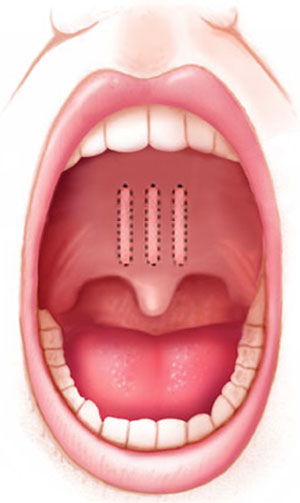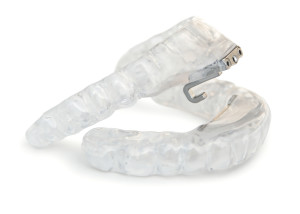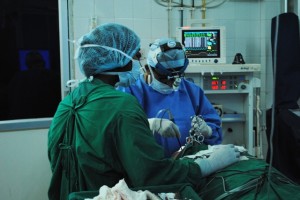What You Need to Know about Sleep Apnea Surgery
Looking for information on sleep apnea surgery and other treatment options? Then you have come to the right place. Read on to find out more about the sleep apnea surgery and mouth guard treatment methods used to deal with sleep apnea.
Sleep Apnea Surgery
Surgery is mostly used to deal with obstructive sleep apnea. Although there are other cheaper options such as CPAP (continuous positive airway pressure), your doctor may suggest you undergo surgery.
However, since obstructive sleep apnea surgery is so expensive and risky, it is important that you get this advice from the best doctor within reach. An otolaryngologist will examine your throat, mouth and nose to detect the exact source of the problem before you start on the surgical procedures.
Sleep Apnea Mouth Guard
Mouth guards are useful for those who find no relief from CPAP machines. Currently, there are a number of oral appliance therapies you can use to treat this condition. They include:
- Fixed jaw snore guard
- Adjustable jaw guard
- Tongue retainer
Talk to your orthodontist or dentist to choose the best mouthpiece for your sleep apnea.
Sleep Apnea Surgery Cost
There are different procedures used for dealing with sleep apnea surgically. The cost for each procedure varies. For instance, Uvupalatopharyngoplasty (UPP) costs between $5,000 and $10,000.
On the other hand, when laser surgery is performed as a sleep apnea treatment, it would cost between $1,000 and $1,500. Of course, these costs depend on the kind of procedures to be performed.
Some health insurance companies and policies cover these surgical procedures while others do not. Ensure you check with your insurer to determine whether you are covered (and to which level the insurance cover applies).
Sleep Apnea Surgery Options
The most common surgery options for dealing with sleep apnea include:
- UvulopalatopharyngoplastyThis is the most commonly used operation to deal with obstructive sleep apnea. It removed your adenoids, tonsils, ovula (the tissue hanging at the back of the mouth close to the roof) and a part of your mouth’s roof. According to the American Sleep Apnea Association, this surgery option has an average success rate of around 40 %.
- TracheotomyTracheotomy is mostly used among patients with serious apnea conditions and who do not respond to alternative treatments. This procedure creates a hole within the windpipe or trachea to improve your breathing patterns. Although it is the most effective surgery option for dealing with sleep apnea, it also requires careful daily maintenance and cleaning.
- Tongue SurgeryThis includes lingualplasty and laser midline glossectomy. Both of them remove part of the tongue with a view to clear up the breathing path while lessening sleep apnea symptoms.
- Jaw SurgeryAlso referred to as maxillomandibular osteotomy (MMO), jaw surgery moves the jaw forward with a view to enlarge the airway. MMO and other surgical procedures like genioglossal advancement with hyoid myotomy (GAHM) require highly skilled surgeons. They also have higher success rates.
- Facial ReconstructionThis surgical procedure repositions the facial bones. The bones around the tongue are enlarged to create greater pull at the base of the tongue, thus enlarging the airway. Usually, this procedure needs to be repeated severally for it to be effective in the long term.
- TonsillectomyThis is commonly used to treat sleep apnea in children. Tonsils, which are located at the back of the throat, are usually to blame for cause this condition in children. In case they enlarge, they will block the airway during sleep. Thus tonsillectomy removes the tonsils to improve sleeping patterns in children.
- AdenoidectomyThis is another type of surgery used to deal with sleep apnea in kids. Adenoids are to be found inside the throat on each side, right behind the roof of the mouth and the nose. They also enlarge like tonsils, thereby obstructing the airway. Through adenoidectomy, the enlarged adenoids will be removed for a seamless sleeping experience.
Additional Tips
You should choose a treatment depending on advice from your doctor, your workable budget and the severity of the sleep acne. Check with your insurer to determine what you can afford. However, if your doctor is serious and adamant that you undergo surgery, look for available options to afford the most recommended procedure. After all, sleep apnea can sometimes lead to other fatal situations.



